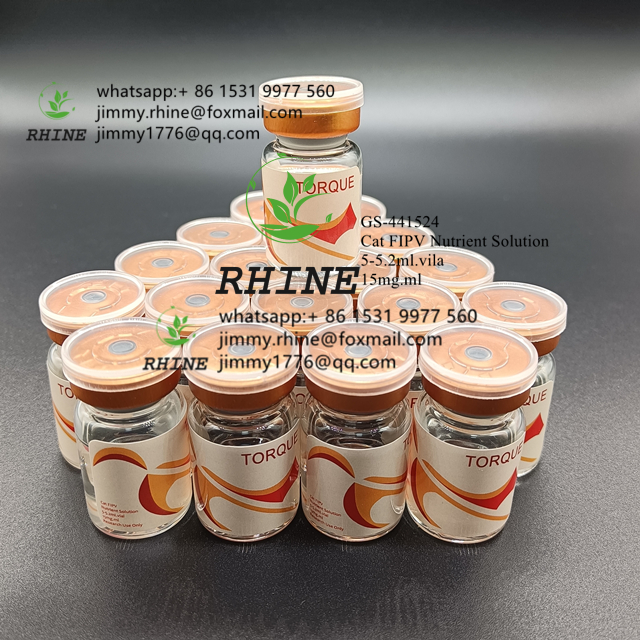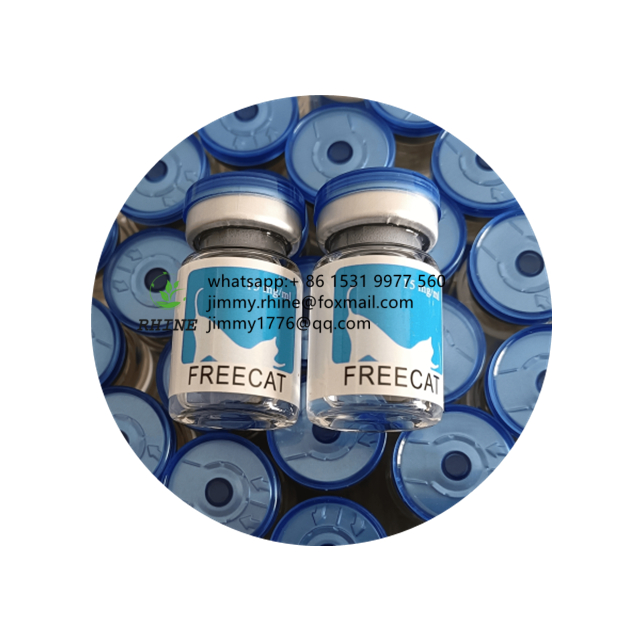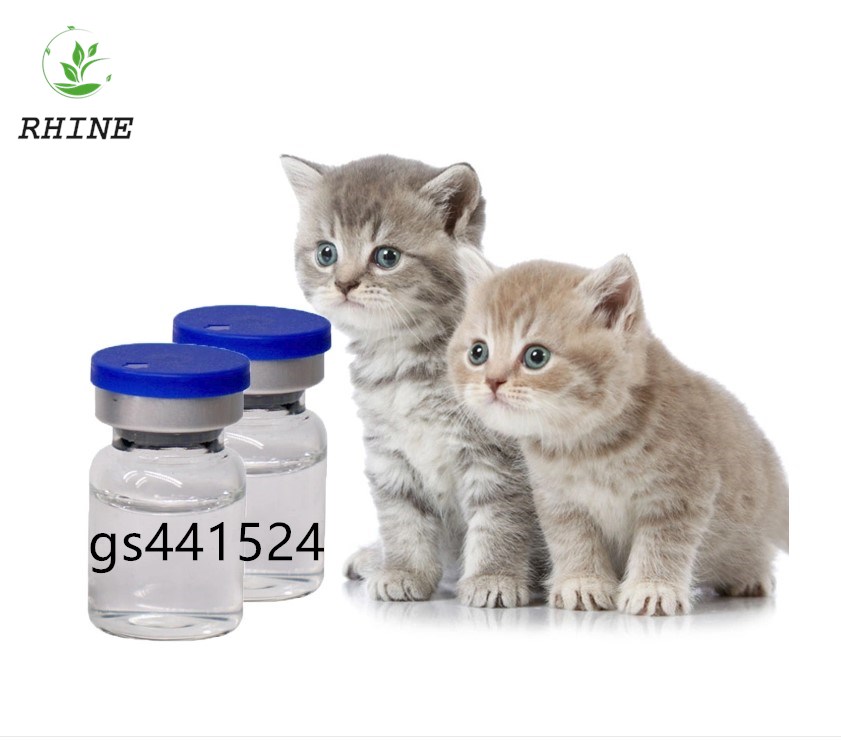Esperion Announces Positive Clinical Phase 2 Results of "Global New" Lipid-lowering Drugs Bempedoic Acid
March 30, 2018 Source: Sina Pharmaceutical
Window._bd_share_config={ "common":{ "bdSnsKey":{ },"bdText":"","bdMini":"2","bdMiniList":false,"bdPic":"","bdStyle":" 0","bdSize":"16"},"share":{ }};with(document)0[(getElementsByTagName('head')[0]||body).appendChild(createElement('script')) .src='http://bdimg.share.baidu.com/static/api/js/share.js?v=89860593.js?cdnversion='+~(-new Date()/36e5)];On March 27th, Esperion, a biotech company dedicated to the development and commercialization of low-density lipoprotein cholesterol (LDL-C) elevated oral therapy, published the results of a clinical phase 2 study 1002-039 positive top-line study. This study evaluated the efficacy and safety of Bempedoic acid (180 mg) as a pro-protein convertase subtilisin 9 (PCSK9) inhibitor for the reduction of LDL-C in 58 patients with hypercholesterolemia.

The 8-week, randomized, double-blind, placebo-controlled, multicenter clinical phase 2 study evaluated the safety and efficacy of 180 mg/day of Bempedoic acid medication, and LDL-C ≥ 160 mg/dL in patients with hyperlipidemia. They received a weekly treatment of evolocumab 420 mg for 12 weeks before randomization. A total of 59 patients from 21 locations in the United States and Canada underwent a 1:1 randomized treatment with benclopoic acid or placebo supplementation. The primary efficacy endpoint of the study was to evaluate the reduction in LDL-C in patients treated with PCSK 9 inhibitors in the background of beepedoic acid and placebo. Secondary study endpoints included assessment of the safety and tolerability of bempedoic acid versus placebo and the effects of the drug on other risk markers, including hypersensitive C-reactive protein (hsCRP).
The study reached the primary endpoint, with an additional 30% reduction in LDL-C (p < 0.001). LDL-C in the Bempedoicc acid group was 27% lower than baseline, compared with 3% in the placebo group. Patients in the drug-treated group also had a significant reduction in hsCRP, up to 34%, and only 2% in the placebo group (p < 0.029), with hsCRP being an important marker of potential inflammation associated with cardiovascular disease.
Tim M. Mayleben, CEO and President of Esperion, said: "Bempedoic acid has proven to be capable of being used in the current treatment of LDL-C oral therapy. The results of this study show that the drug can also be safely and effectively applied to the need to additionally reduce LDL- In patients with C levels, even if these patients receive injectable PCSK9 inhibitors, these clinical Phase 2 studies provide consistent evidence and further support for the next study, proving that Bempedoic acid will become a broad, complementary Once-daily oral LDL-C reduction therapy, which is attractive to patients, doctors and payers."
In this study, Bempedoic acid was well tolerated. There was no significant difference in the incidence of adverse events (AES) between the drug and placebo groups. There were no cases of trial discontinuation due to adverse events or muscle-related adverse events. None of the patients in the two groups had a liver function test (ALT/AST) that was three times higher than the upper limit of normal, repeat, and confirmation. At present, in the completed clinical phase 2 and clinical phase 3 trials, the cumulative number of patients treated with bempedoic acid was 947. Among them, 6 patients (0.63%) had elevated liver function tests. This rate of elevated liver function is consistent with the rates observed in previous clinical trials and is consistent with all other previously approved oral LDL-C therapies, including statins and ezetimibe.
Bempedoic acid is the world's first, complementary, orally available ATP citrate lyase (ACL) inhibitor that lowers cholesterol biosynthesis and LDL-C by upregulating LDL receptors. Similar to statins, bempedoic acid also reduces hsCRP. Clinical 1, 2, and 3 studies completed in approximately 1,600 patients and nearly 1,000 patients taking bempedoic acid, the results showed that monotherapy reduced LDL-C by up to 30%. The combination of cloth can reduce LDL-C by approximately 50% and achieve a 20% reduction in stable statin therapy.
The impact of Bempedoic acid on cardiovascular disease morbidity and mortality has not been determined. (Sina Pharmaceutical Compilation / David)
Article Reference Source: Esperion Announces Positive Top-Line Results from Phase 2 Study of Bempedoic Acid Added-On to a PCSK9 Inhibitor in Patients with Hypercholesterolemia
Feline Infectious Peritonitis (FIP), referred to as Feline Infectious Peritonitis (FIP), is a fatal abnormal immune response that occurs in cats. It is caused by the mutation of the feline coronavirus carried by cats. As a high-incidence and fatal disease of pet cats, the current incidence of feline abdominal transmission is about 10%.

The symptoms of cats are usually divided into two categories, namely wet FIP and dry FIP, of which wet FIP accounts for the majority of all cases. About 70%, manifested as abdominal pleural effusion, abnormal bulging; dry FIP cats have different symptoms, depending on the type of organ affected by the virus.

So far, all feline feline feline treatments are based on the characteristics of the disease, and GS-441524 can play a role in the treatment of feline feline disease. Therefore, the therapeutic effect of GS-441524 is obviously more ideal, the dose used is less, the treatment cycle is shorter, and the efficacy, safety and convenience of operation are all good. Because of this, GS-441524 is considered by many pet owners and veterinarians to be a magic medicine that can effectively treat feline abdominal infection.

Gs 441524 Fip,Fip Treatment Gs441,Gs 441524 Fipv Cats,Gs 441524 For Fip
XI AN RHINE BIOLOGICAL TECHNOLOGY CO.,LTD , https://www.rhinebioteches.com